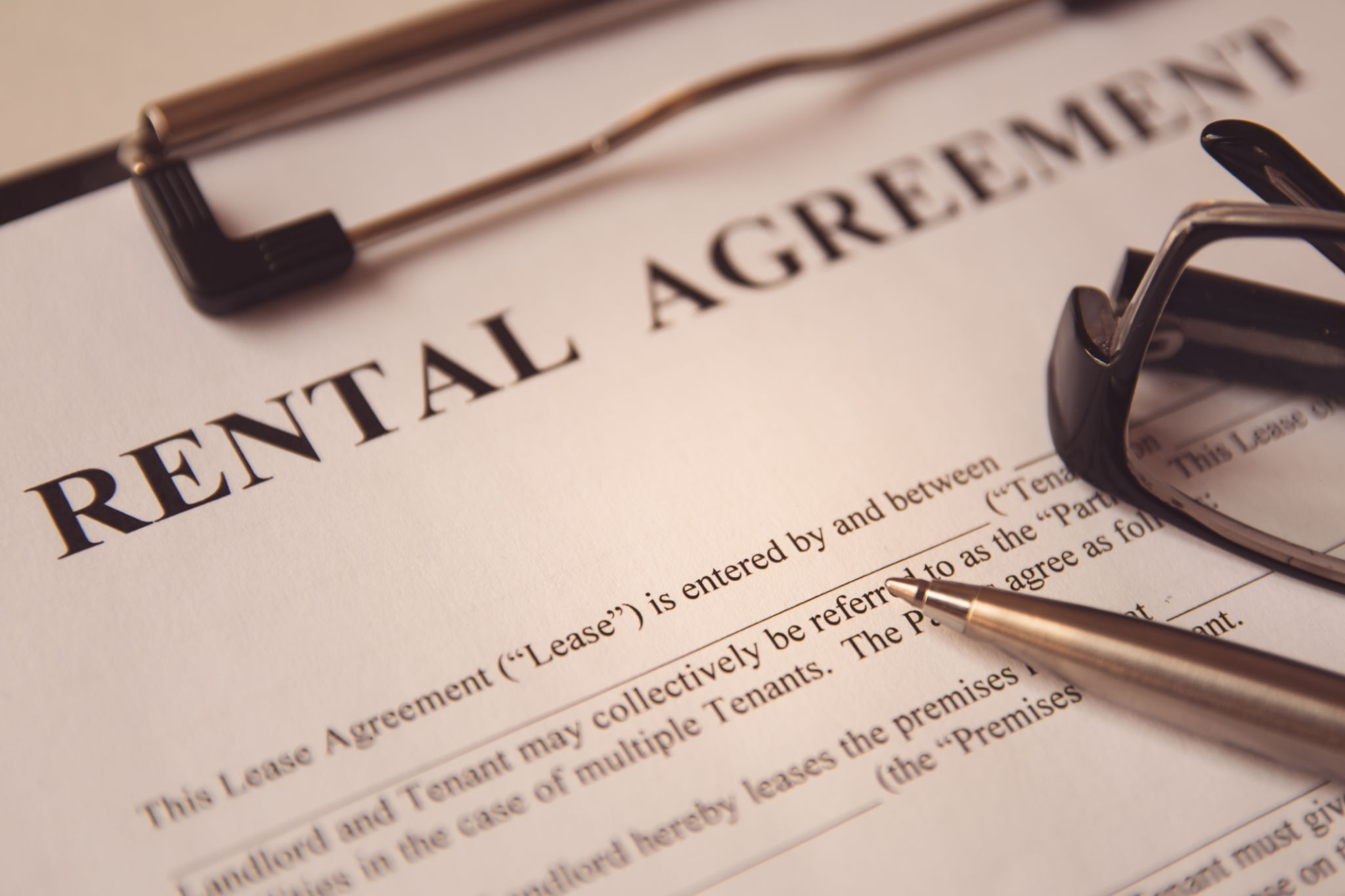Expert Insights: Understanding Section 8 Requirements in Georgia
BI
Introduction to Section 8 Housing
Section 8 housing, officially known as the Housing Choice Voucher Program, is a federal initiative aimed at assisting low-income families, the elderly, and the disabled to afford safe and decent housing. The program is administered by local public housing agencies (PHAs) and offers rental assistance to eligible participants. In Georgia, understanding the specific requirements and processes can be crucial for those seeking assistance.

Eligibility Criteria in Georgia
To qualify for Section 8 in Georgia, applicants must meet certain eligibility criteria. These include income limits, which are based on the median income of the area. Generally, the household income must not exceed 50% of the median income. Additionally, the program considers the size of the family, citizenship status, and any criminal background.
Priority is often given to families with the greatest need, such as those who are homeless or living in substandard housing. Understanding these criteria can help applicants determine their eligibility and prepare their applications accordingly.
Application Process
The application process for Section 8 in Georgia can be competitive, given the limited availability of vouchers. Interested individuals need to contact their local PHA to apply. It’s essential to provide accurate and complete information to avoid any delays. After submission, applications are reviewed, and eligible families are placed on a waiting list.

It’s important to note that the waiting list can be lengthy, and not all who apply will receive assistance. Therefore, staying informed about open waitlists and application periods is crucial.
Responsibilities of Tenants
Once approved, Section 8 participants must adhere to specific responsibilities to maintain their voucher. This includes paying a portion of the rent, typically 30% of their adjusted gross income. Tenants are also responsible for reporting any changes in income or family composition to the PHA.
Failure to uphold these responsibilities can result in the termination of assistance. Therefore, understanding and fulfilling these obligations is essential for continued support.

Landlord Participation
Landlords play a vital role in the Section 8 program. They must agree to rent their properties to voucher holders and comply with the program's standards. This includes maintaining the property in good condition and adhering to fair housing laws.
Participating landlords benefit from consistent rental payments and the opportunity to help those in need. For landlords considering joining the program, understanding the requirements can facilitate a smoother process.
Conclusion
Understanding Section 8 requirements in Georgia is essential for both applicants and landlords. By staying informed and meeting all necessary criteria, eligible families can secure the housing assistance they need, while landlords can contribute to a more inclusive housing market. For anyone involved, being well-prepared and knowledgeable about the process can make a significant difference.